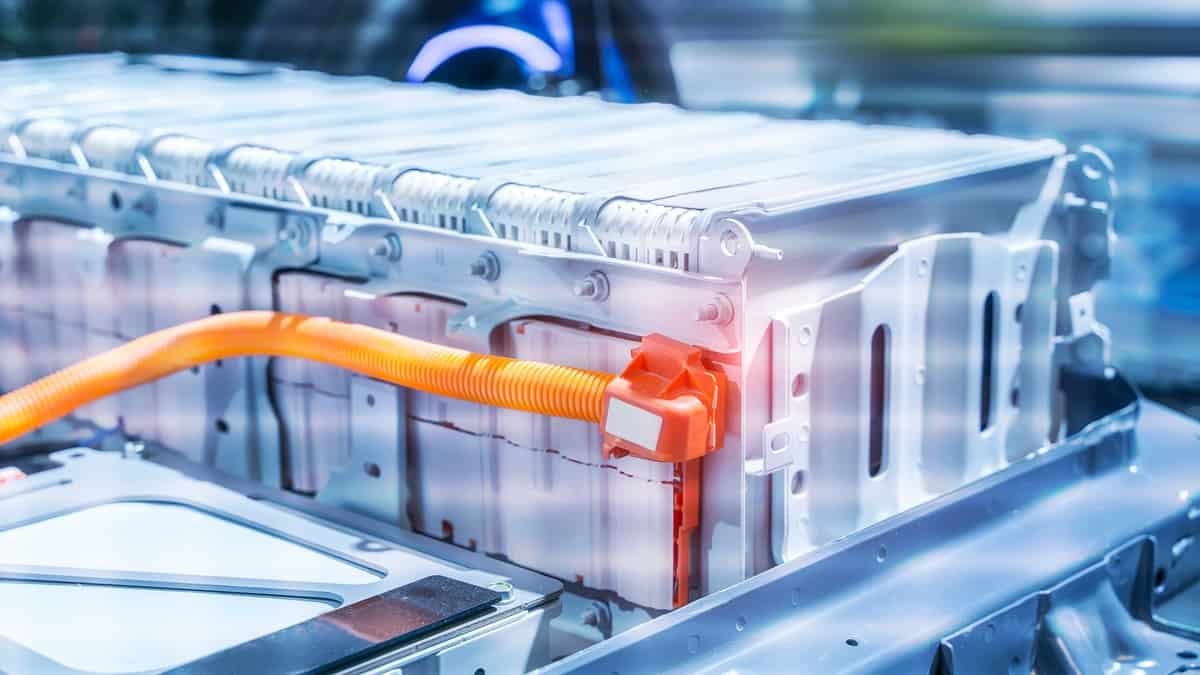Global automakers Mercedes-Benz and Stellantis‘ battery joint venture with TotalEnergies has just backtracked on its planned two gigafactories development in Europe due to a sales slowdown, Reuters reported.
ACC reassesses battery production in Europe
Automotive Cells Company (ACC), the joint venture established by Mercedes-Benz, Stellantis, and TotalEnergies, has decided to halt the development of its battery gigafactories in Germany and Italy.
The move is apparently part of its strategy to adopt cheaper batteries amid waning demand for electric vehicles.
On Tuesday, ACC emphasized the need for more intensified R&D initiatives in low-cost batteries to reduce production costs. The company expects these adjustments to make electric vehicles more affordable for customers.
ACC plans to officially announce its industrial and construction timeline later this year or early 2025. In hindsight, it initially planned to erect three European factories with a total investment of about $7.6 billion by 2030.
ACC’s European expansion
ACC has been pushing to develop new battery factories in Termoli, Italy, and Kaiserslautern, Germany, after the one in Douvrin, France, went online in 2023. However, the two remaining factories are now in limbo as the company is trying to determine how to fare amid the slower-than-expected EV uptake.
Despite the plan changes, ACC has already been accelerating battery production at its inaugural factory in northern France.
The report noted that the European electric vehicle market’s growth has slowed due to high interest rates and reduced government incentives.
In addition, European automakers remain inferior to the growing dominance of cheap LFP battery-powered Chinese electric cars.
It prompted Stellantis to partner with China’s CATL for an LFP battery production factory in Europe, as CEO Tavares stated in response to a query at a media briefing on whether the automaker still backed three ACC plants in Europe in addition to the CATL joint venture.
“We are going to adjust our investment plan to the scheme at which Europe is going to adopt EVs. If the European market shifts to EVs faster than the plan, we will invest faster. If the European market shift is slower, then we will invest slower.”
Stellantis CEO Carlos Tavares
For context, Stellantis owns 45% of the ACC, Mercedes-Benz controls 30%, and TotalEnergies’ Saft holds the remaining 25%.
Looking forward
ACC Chief Executive Officer Yann Vincent emphasized the decline in electric vehicle sales in Europe, with growth projected to only affect the mass market segments.
In effect, the planned German battery gigafactory might end up producing cheaper LFP cells. While they cost less than nickel manganese cobalt (NMC) batteries, they offer lower energy density.
ACC has yet to decide on the future of the former Opel plant in Kaiserslautern, which will be later this year or early 2025. New plans for the Termoli factory in Italy also remain vague.
For context, the three factories were supposed to yield an annual output of 40 gigawatt-hours, sufficient to power about 600,000 EVs. With two planned factories in limbo, the France plant currently only has an annual capacity of 13 GWh. Indeed, the JV’s future appears a bit gloomy when it comes to production output.

